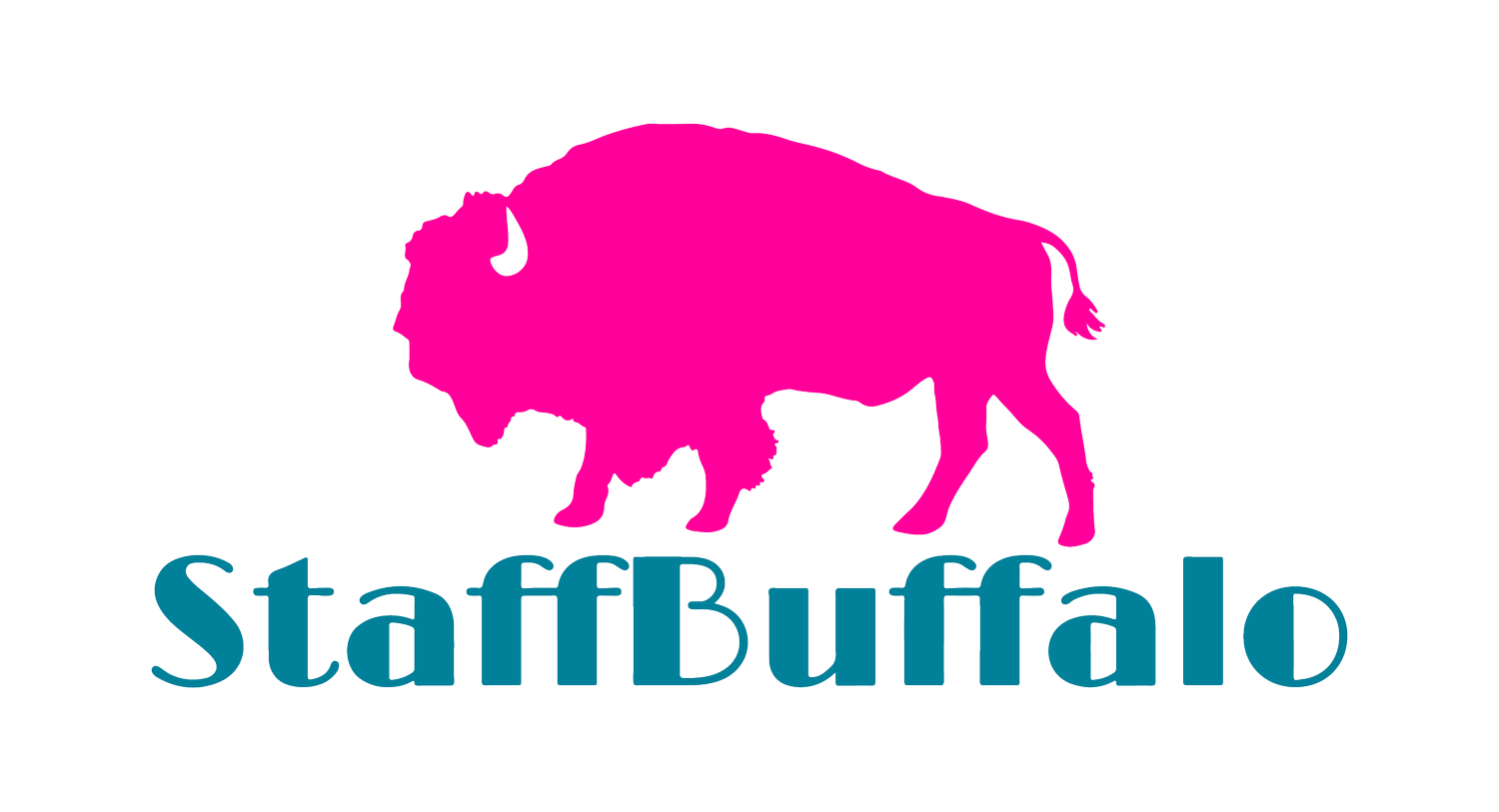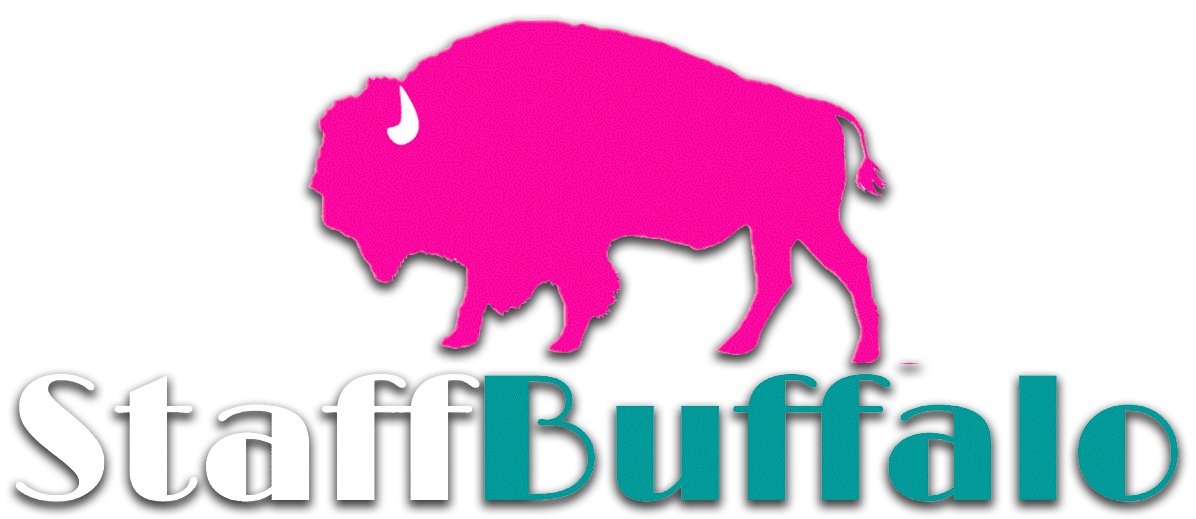Here are the fastest-growing jobs in the U.S., whether you have a degree or not
Looking to find — or fill — a job? If you’re in the nurse practitioner or wind turbine service fields, you’ll have the most luck across the United States.
No matter the field, employers looking to hire and prospective workers seeking jobs alike should be purposeful, according to Maggie Shea, managing partner at StaffBuffalo LLC.
Her staffing firm, which includes sister company HRBuffalo, in 2021 started helping organizations build out their recruiting processes.
For employers, that means thinking about the specific traits and skillsets they’re looking for and using intentional communication methods to reach those types of candidates.
On the job seeking side, that involves being ready to communicate with organizations by having a professional email address and checking your emails and voicemails, she said. That also means being thoughtful about what roles you’re applying to and why.
“A lot of times they might select 30 jobs to apply to,” she said. “Can you imagine getting hit with 30 text messages, calls and emails?”
That goes for prospective workers of all types, from those pursuing college degree-required roles to seeking jobs that don’t typically require traditional four-year degrees for entry.
According to Shea, but she sees a lot of growth in areas like smart manufacturing. “A lot is data-driven,” she said. Shea’s other biggest tips for young job seekers include:
Get work experience to build out your resume
That can include entry-level jobs, formal or informal internships, volunteer work or joining organizations and clubs. It’s a great way to improve professionally and personally, meet new people and build skillsets.
Talk to others about their career paths
“It’s hard when you’re young in your career to see how people got there,” Shea said. “You’ll be shocked at how many people came in in a sideways way… It’s not always linear.”
Be a solution-based worker If employees just receive and complete work, then they’re maintaining an organization but aren’t necessarily moving the business in a positive way. But if staff are solutions-based, they’re coming up with ideas and want to be a part of the company’s future. In the interview process, ask good questions Ask the interviewers what they love about the organization and why they still work there. Other good examples, according to Shea, include: What skillsets do you think will be most valuable in this job? What does the day-to-day role look like? What do you envision this job looking like in the future?
Read the full article here.


